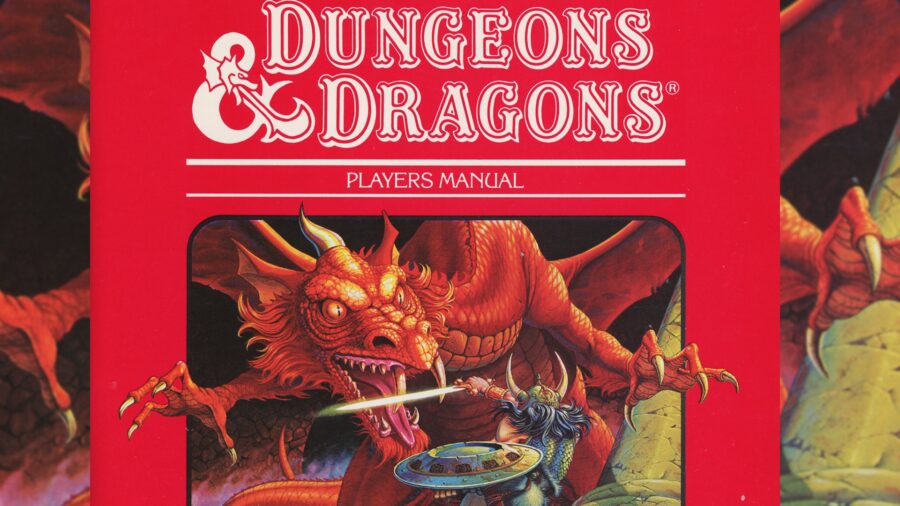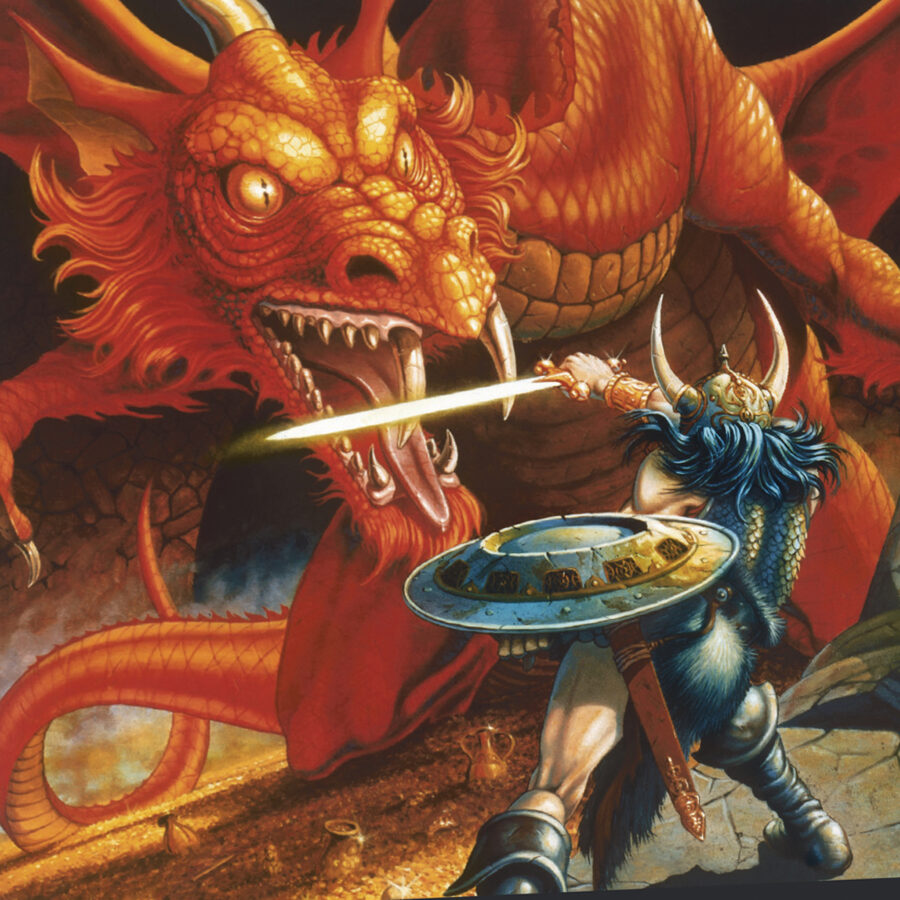Dungeons & Dragons Officially Removes Races From Gameplay

While the title of this piece might sound misleading, the Wizards of the Coast aren’t really removing any of the Dungeons & Dragons playable in-game races. Instead, the company has announced that it’s going to stop using the word “race” in the game’s rulebooks, especially for One D&D, which is a major revision of the game’s rules. From that release onward, the preferred term to use would be “species” across all games, including the competitive versions.
According to D&D Beyond, Wizards of the Coast understands that the term “race” has prejudiced links between real-world people and the fantasy people of Dungeons & Dragons worlds. Therefore, the company thinks it’s time for the rule books to change. Admittedly, Dungeons & Dragons have a fantastic history when it comes to game development and evolution that fits the player’s needs and desires in a very successful attempt to foster an inviting gaming universe for everyone. To that end, the new generation of Dungeons & Dragons won’t be using the questionable term.
This isn’t the first time Wizards of the Coast actually did this. Starting with the release of the game’s fifth edition rulebook in 2014, the company has made a conscious decision to reduce the use of the term “race” and use it only when necessary. This almost always implied using the terms with so-called “racial mechanics” of the game, mostly tying into skills that are specific to a particular race (e.g., orcs, elves, humans). The company also went a step further and did everything possible to extract past prejudices, stereotypes, and unconscious biases from the vast Dungeons & Dragons multiverse.

While the company has made a conscious choice regarding the matter and even brought in some cultural experts to aid the transition, it’s actually understandable why the term was used in the first place. The game was conceptualized and made by game designers during the ’70s without any help from the previously mentioned anthropological experts. However, the company did whatever was in its power to keep the game, its variants, and its rulebook exposed to the winds of time, resulting in numerous changes that cater to the modern gaming community.
It’s also important to mention that the term “race” isn’t even applicable to all the playable bio-forms populating various fantasy worlds. Humans and elves are different species, not races, so the change Wizards of the Coast are definitely making the change for the better by using socially acceptable and accurate terminology. It’s nice to see the world of gaming following the overall change happening in the entertainment industry — especially cinema — now that it has become the highest-earning form of entertainment.
Dungeons & Dragons have been an incredibly popular tabletop game for the past five decades, and Wizard of the Coast doesn’t shy away from sharing its success with the franchise. The game basically gave birth to the modern RPG gaming genre and brought us games such as the upcoming Diablo 4, the highly-anticipated Baldur’s Gate 3 —which finally got a release date — and World of Warcraft, which unfortunately still uses dated terminology.












